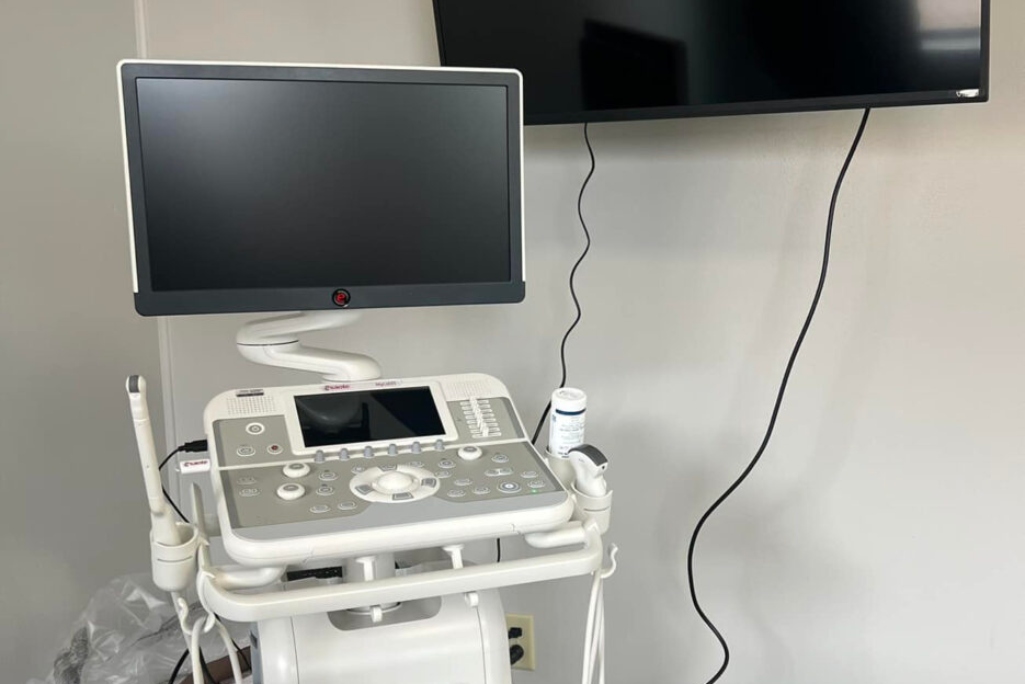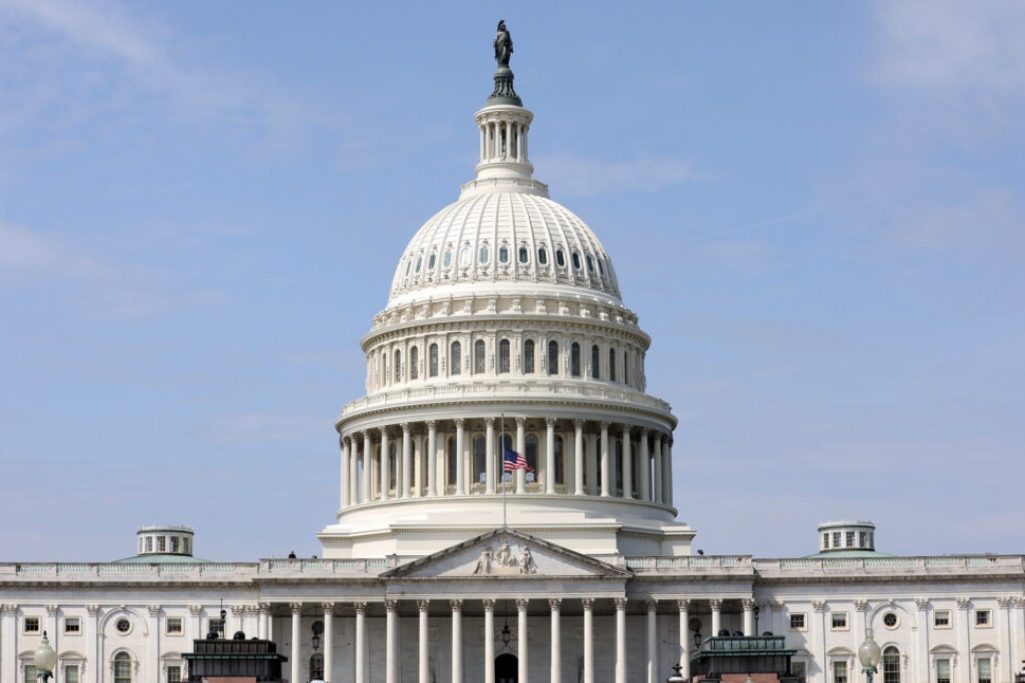
NASHVILLE (BP) — The latest series on the Ethics & Religious Liberty Commission (ERLC) podcast focuses on the topic of mental health.
The series features episodes discussing why the topic of mental health matters, how it affects people’s spiritual health, how biblical counseling can positively impact people’s mental health and why it’s so important for pastors to care for their own mental health.
“In recent years, the issue of mental health has been more widely recognized and talked about,” said Lindsay Nicolet, ERLC editorial director and podcast host, during the series’ opening episode.
“Whereas it was stigmatized in the past, and still is in some ways, conversations within the church are turning toward how to help those who struggle with their mental health and how our mental health affects our spiritual health,” Nicolet said.
Nicolet cited statistics from Lifeway Research which state that 26% of all U.S. Protestant pastors and 46% of pastors under age 45 say they face mental health challenges.
Additionally, more than half of church leaders surveyed have witnessed members of their congregations suffering from conditions like depression and bipolar disorder.
“Both among pastors themselves and the congregants they serve, mental health struggles have seen a significant increase over the last several decades,” said Miles Mullin, ERLC vice president and chief of staff.
“This podcast series aims to serve our pastors as they serve others, approaching the topic from a biblical perspective and offering some practical suggestions on how to address the issue.”
ERLC President Brent Leatherwood spoke to the importance of the growing conversation surrounding mental health.
“Mental health in our day and age is thankfully growing in terms of the attention that it’s getting,” Leatherwood said.
“I hope that as the attention is growing, our understanding of the importance of mental health is also. For too long, it’s almost been stigmatized, and in many cases, ignored.”
In addition to Leatherwood, other guest speakers in the series include:
- RaShan Frost, lead pastor of The Bridge Church in North Charleston, S.C., and a senior fellow of the ERLC Research Institute
- Mark Dance, director of pastoral wellness for Guidestone Financial Resources
- Kristen Kansiewicz, assistant professor and program director of the graduate counseling program at Evangel University
- Jason Thacker, director of the ERLC’s Research Institute and assistant professor of philosophy and ethics at Boyce College and Southern Seminary
- Eliza Huie, director of counseling at McClean Bible Church in Washington, D.C.
- Megan Dickerson, a grant administrator and doctoral student at Southeastern Baptist Theological Seminary
- Jonathan Holmes, founder and executive director of Fieldstone Counseling in northeast Ohio
- Brad Hambrick, pastor of counseling at The Summit Church in Durham, N.C.
Previous series on the recently relaunched podcast covered the topic of Life, which is one of the ERLC’s four focus areas, and the highly requested topic of sexuality and gender (which falls under the ERLC’s focus area of Marriage and Family).
The ERLC’s other two focus areas are religious liberty and human dignity.
The first episode of the new mental health series addresses how mental health connects to the entity’s focus area of human dignity.
“The concept of human dignity for us is obviously pretty foundational at the ERLC,” Leatherwood said.
“It can encompass so much. It’s actually foundational, and that’s why it encompasses so much. It’s rooted in Scripture right at the very beginning in Genesis 1 where the Lord reveals to us that each and every person is His creation and is specifically created in His image with equal dignity and equal worth.”
Frost elaborated on how human dignity and mental health intersect.
“Our mental health, our physical health, the wholeness of the human embodiment, can be redeemed by Christ,” Frost said.
“So, when we look at the idea of human dignity and mental health, it applies in understanding who we truly are as human beings. It communicates what is right about us, what is good about us, but it also communicates the brokenness within humans due to sin.”
In the second episode, Dance and Kansiewicz speak about how pastors can take care of their own mental health.
Dance shared his own journey of battling clinical depression. He said the worst thing that pastors who are struggling mentally could do would be to “ignore it or just try to plow through it.”
Additionally, Dance encouraged pastors to lean on encouragement from their spouse, while Kansiewicz chimed in about the role of close friends, which she called “significant,” for positive mental health.
The next episode discussed how social media can affect the mental health of teenagers.
Thacker, Huie and Dickerson spoke about how technology shapes people, how it particularly affects teens and what steps parents and church leaders can take in response to social media’s potentially negative effects.
The last episode discusses how biblical counseling can affect mental health.
Hambrick and Holmes discuss what exactly is meant by the term biblical counseling, what trends they are seeing in the church regarding biblical counseling and how biblical counseling can be beneficial to believers.
All episodes of the podcast are available on Apple Podcasts, Google Podcasts or Spotify. New episodes are released every two weeks. Listeners are encouraged to email questions and feedback to [email protected].
(EDITOR’S NOTE — Timothy Cockes is a writer in Nashville.)


